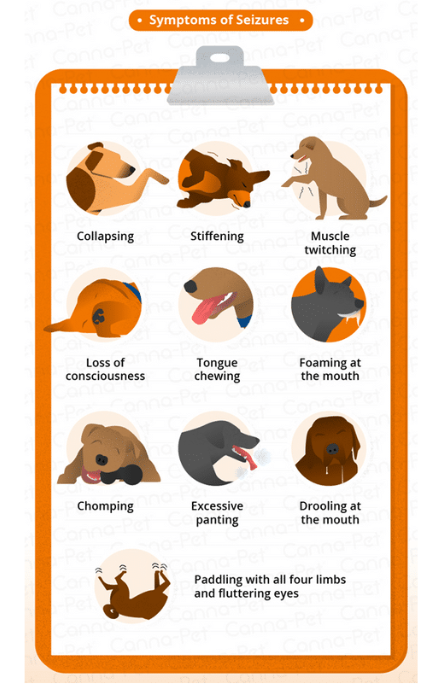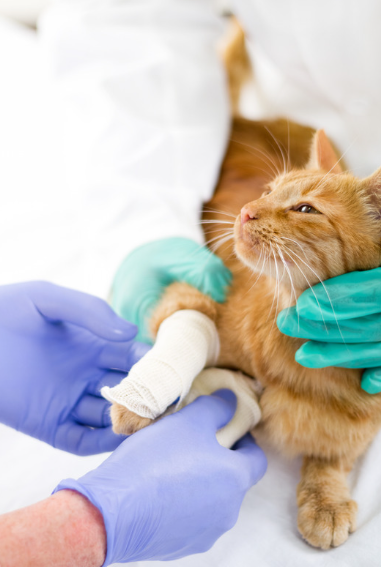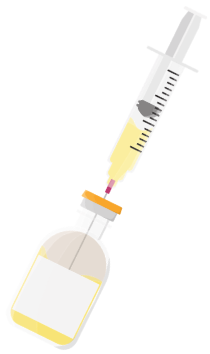
Seizures
What are they & what causes them?
Seizures are the result of abnormal electrical activity in the brain. Seizures can be large (shaking, loss of consciousness, loss of bladder/bowel control) or small (twitching or teeth chattering).
There are many causes of seizures. The most common cause in younger animals is known as idiopathic epilepsy where the underlying cause is not fully understood. These animals are otherwise healthy. In older animals, unfortunately brain cancer is a common cause of seizuring. Other possibilities include organ failure, toxin ingestion or infection e.g. meningitis.
The vet may recommend some baseline tests initially. In some cases, further neurological investigation is needed with advanced imaging e.g. an MRI scan.

What's the treatment?
- Although, there isn’t a cure in most cases, but many epileptics can be well managed with medication.
- Depending on the frequency of seizures, anti-seizure medication may be initiated.
- These may cause some drowsiness initially, but this normally subsides.
- Treatment is aimed at reducing the seizure frequency to less than one seizure every six weeks, but we may not be able to completely eradicate the seizures.
What do I do if my pet starts to seizure?
- Stay calm and ensure your pet is in a safe place (i.e. unable to fall)
- DO NOT PUT YOUR HANDS ANYWHERE NEAR THE MOUTH - pets can bite involuntarily and in some cases will not be able to let go. Choking on the tongue is EXTREMELY rare.
- If you have been prescribed rectal diazepam, adminster one tube and monitor the response, a second tube can be given if no response has been seen after 5 minute
- If the seizures continue or recur more than once, please contact us immediately
- Take a video of the event as this can really help the vet understand the problem
Why do we have to monitor treatment?
Newer medications to control seizures are very safe, but some medications can affect the liver. Regular monitoring is recommended to check the liver and to ensure that the dose of the medication is not too high or too low. Your vet will recommend when the next blood test is due.
Related Blogs




